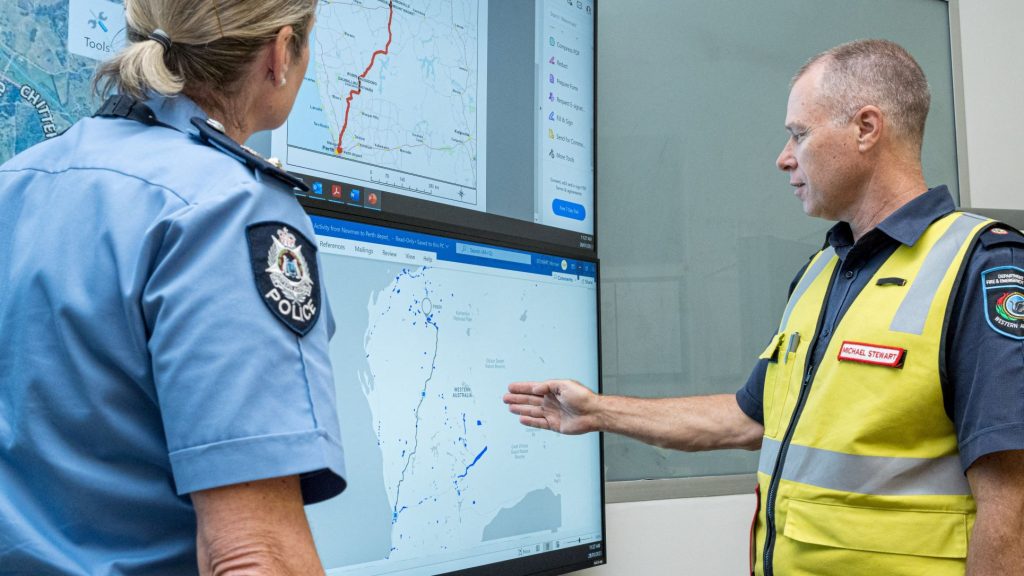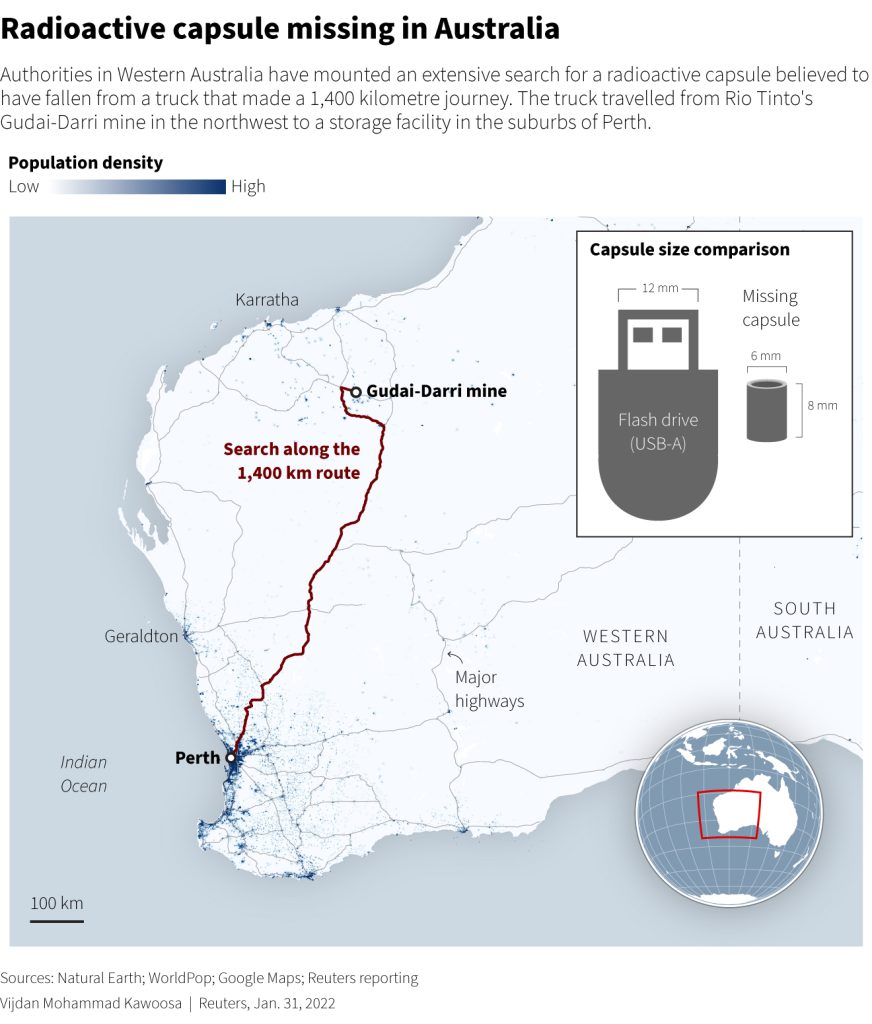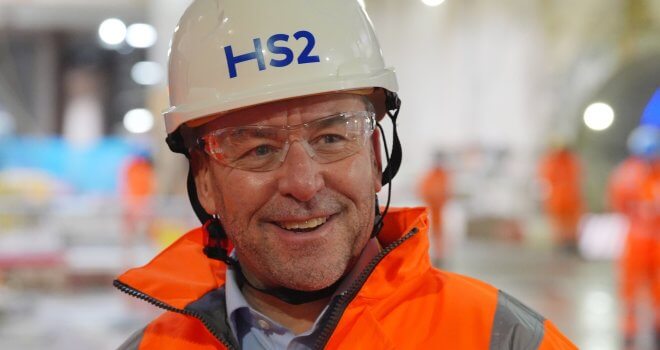Needle In A Haystack Found: Australia Recovers missing radioactive capsule

Australian authorities on Wednesday found a radioactive capsule smaller than a coin that was lost in the vast Outback after nearly a week-long search along a 1,400 kilometres (870 miles) stretch of highway, officials said.
The Caesium-137 capsule was discovered when a vehicle travelling at 70 kms per hour equipped with specialist detection equipment picked up the radiation, according to officials from the state of Western Australia.
The search team then used portable detection equipment to find the capsule, which was located about 2 metres from the side of the road, they added.
“I do want to emphasise this is an extraordinary result,” Western Australia’s Emergency Services Minister Stephen Dawson said in a news conference.
“When you consider the scope of the research area, locating this object was a monumental challenge, the search groups have quite literally found the needle in the haystack,” Dawson said.
The military was verifying the capsule and it would be taken to a secure facility in the city of Perth on Thursday, he added.
Officials from Western Australia’s emergency response department, defence authorities, radiation specialists and others have been combing the a stretch of highway for the tiny capsule that was lost in transit more than two weeks ago.

The radioactive capsule was part of a gauge used to measure the density of iron ore feed from Rio Tinto’s Gudai-Darri mine in the state’s remote Kimberley region. The ore was being taken to a facility in the suburbs of Perth – a distance longer than the length of Great Britain.
Officials said the capsule apparently fell off a truck and landed on the side of the road, adding that it was unlikely there will be contamination in the area.
The silver capsule, 6 mm in diameter and 8 mm long, contains Caesium-137 which emits radiation equal to 10 X-rays per hour.
People had been told to stay at least five metres (16.5 feet) away from the capsule if they spotted it, because exposure could cause radiation burns or radiation sickness. However, driving past it was believed to be relatively low risk, akin to taking an X-ray.
Western Australia’s Chief Health Officer Andrew Robertson said the capsule was found in a remote area far from any community and it was unlikely anyone had been exposed to radiation.
He said there would be an investigation and prosecutions would be considered under state radiation safety laws from 1975.
The maximum penalty for failing to safely handle radioactive substances is A$1,000 and A$50 per day the offence continues, though the state government said on Wednesday it was considering a change to laws to allow for bigger penalties.
(Writing by Praveen Menon; Editing by Christopher Cushing and Jamie Freed)




